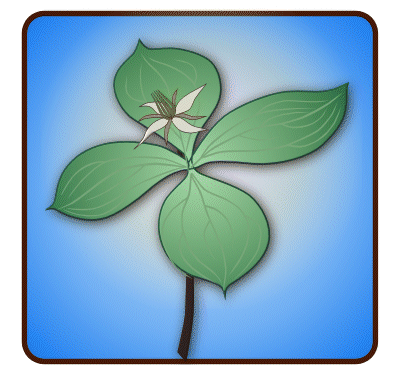The Society’s annual moth-trapping session was held on the night of Friday 14 June / Saturday 15 June at Thatcham Reedbeds. We would particularly like to thank BBOWT’s Roger Stace, the Land Manager for the West Berkshire reserves, for his help in the organisation of the event, and for providing a dry set of tables where the catch could be displayed on the Saturday morning. Paul Black brought three traps, Norman Hall and Roger Stace each brought two traps and Grahame Hawker brought one. Norman initially set up one of his lights on a tripod over a sheet, to watch the moths arriving and settling down on the sheet. This is only practicable if it does not rain, and luckily it did not rain until about midnight, despite the poor weather forecast, but there were nonetheless disappointingly few moths about. When the rain started Norman replaced his lamp with a moth trap and retired for a brief sleep, very brief in fact because it was so close to the summer solstice. Meanwhile Roger and Grahame, who both live close by, went home for some sleep, while Paul stayed on watch all night. Sunrise was officially 04:48, but it was light well before that. It had been a rather cold night with intermittent rain showers and the light breeze had not died down by dawn but at least the rain had stopped, so we were able to go through our traps, pot up examples of most species caught and retire to the Thatcham Nature Discovery Centre, where the moths were put on display from 09:00 to 12:00. (It being an advertised event for both the RDNHS from 09:00 and for the Discovery Centre from 10:00 to 12:00 )
Conditions had been very poor for moth trapping and the number of individual moths caught had been exceptionally low for mid-June. We had often seen 1 or 2 examples of species where we could have expected to see 10 or 20 after a ‘normal’ June night. However, the number of different species seen (75) was ample for public display. Though only one RDNHS member had come to see the trapping done the previous evening and very few members came along to view the catch at 09:00, the Discovery Centre became very busy about 10:00 when many local people came along. Roger had saved one of his traps to be opened then in front of anyone who was interested. RDNHS numbers were almost certainly low partly because it was cold with intermittent torrential rain showers (from which we were in fact totally protected) and the M4 was closed westbound between Junction 11 (Reading South) and Junction 12 (Theale). In addition to this, traffic was not being let onto the M4 eastbound at Theale either, sending large parts of the Reading area into traffic gridlock.
Despite such problems, we were able to display moths of most of the main groups of macrolepidoptera (‘macros’). Not only representatives of the largest families: the 800+ Noctuid moths and the 400+ Geometrid moths, but also representatives of the smaller families, which are on-the-whole more interesting, more spectacular in appearance and easier to identify, and hence more likely to inspire those knowing little about moths. We were for example able to show people a Ghost Swift, a Pale Prominent and a Pebble Prominent, several Poplar Hawk-moths, a Drinker moth, both White and Buff Ermine moths and The Snout. We had also tried to pot up at least one of any moth we had recorded for the benefit of those with more experience of moths, and to show the sheer variety among the colours and patterns in the catch to those with less.
Not surprisingly. moths we recorded included some reedbed/wetland species including Southern Wainscot, Round-winged Muslin, Small Clouded Brindle and Chilo phragmitidis, but, as we knew, many of the reedbed ‘special’ moths fly later in the season. One of the micros coming to Norman’s sheet in the evening, Acleris umbrana, was a very local species, he had never seen before. Apart from moths, a lot of caddis flies were also caught, which Grahame identified using photography and an app., which was very effective… …and round about midnight, five bees flew into one of Paul’s traps. Norman says he has rarely found honey bees in traps even if they are placed close to beehives, though Hornets come readily and can be very troublesome.
So the Discovery Centre event was successful and enjoyable despite the very poor weather conditions and the disappointingly low catch. Only 8 members were able to get there.
| Moths recorded at Thatcham reedbeds | |
| 14-15 June2024 | |
| Location of moth trappers: | |
| SU50056686 | Paul Black |
| SU50386672 | Norman Hall |
| SU50216676 | Roger Stace |
| SU50206667 | Grahame Hawker |
| 03.005 | Hepialus humuli | Ghost Moth | Common | 1 |
| 35.056 | Metzneria lappella | Local | 3 | |
| 49.013 | Archips podana | Large Fruit-tree Tortrix | Common | 3 |
| 49.015 | Archips xylosteana | Variegated Golden Tortrix | Common | 5 |
| 49.025 | Pandemis cerasana | Barred Fruit-tree Tortrix | Common | 5 |
| 49.059 | Tortrix viridana | Green Oak Tortrix | Common | 41 |
| 49.060 | Aleimma loeflingiana | Common | 1 | |
| 49.075 | Acleris umbrana | Notable A | 1 | |
| 49.091 | Pseudargyrotoza conwagana | Common | 1 | |
| 49.110 | Agapeta zoegana | Common | 5 | |
| 49.156 | Hedya nubiferana | Marbled Orchard Tortrix | Common | 6 |
| 49.166 | Celypha lacunana | Common | 10 | |
| 49.265 | Eucosma cana | Common | 1 | |
| 49.294 | Notocelia uddmanniana | Bramble Shoot Moth | Common | 1 |
| 49.298 | Notocelia trimaculana | Common | 1 | |
| 62.001 | Aphomia sociella | Bee Moth | Common | 2 |
| 63.020 | Anania perlucidalis | Common | 1 | |
| 63.064 | Scoparia ambigualis | Common | 3 | |
| 63.067 | Eudonia lacustrata | Common | 5 | |
| 63.075 | Eudonia pallida | Local | 1 | |
| 63.077 | Chilo phragmitella | Local | 1 | |
| 63.080 | Chrysoteuchia culmella | Common | 11 | |
| 63.086 | Crambus lathoniellus | Common | 1 | |
| 66.010 | Euthrix potatoria | The Drinker | Common | 2 |
| 69.003 | Laothoe populi | Poplar Hawk-moth | Common | 6 |
| 70.061 | Epirrhoe alternata | Common Carpet | Common | 2 |
| 70.074 | Hydriomena furcata | July Highflyer | Common | 1 |
| 70.084 | Plemyria rubiginata | Blue-bordered Carpet | Local | 3 |
| 70.085 | Cidaria fulvata | Barred Yellow | Common | 1 |
| 70.097 | Dysstroma truncata | Common Marbled Carpet | Common | 2 |
| 70.100 | Colostygia pectinataria | Green Carpet | Common | 1 |
| 70.144 | Pasiphila rectangulata | Green Pug | Common | 3 |
| 70.183 | Eupithecia vulgata | Common Pug | Common | 1 |
| 70.189 | Eupithecia subumbrata | Shaded Pug | Local | 2 |
| 70.199 | Pterapherapteryx sexalata | Small Seraphim | Local | 3 |
| 70.207 | Lomaspilis marginata | Clouded Border | Common | 9 |
| 70.226 | Opisthograptis luteolata | Brimstone Moth | Common | 5 |
| 70.252 | Biston betularia | Peppered Moth | Common | 1 |
| 70.258 | Peribatodes rhomboidaria | Willow Beauty | Common | 1 |
| 70.265 | Alcis repandata | Mottled Beauty | Common | 7 |
| 70.277 | Cabera pusaria | Common White Wave | Common | 2 |
| 70.278 | Cabera exanthemata | Common Wave | Common | 3 |
| 70.280 | Lomographa temerata | Clouded Silver | Common | 1 |
| 70.283 | Campaea margaritaria | Light Emerald | Common | 4 |
| 70.305 | Hemithea aestivaria | Common Emerald | Common | 1 |
| 71.013 | Notodonta ziczac | Pebble Prominent | Common | 1 |
| 71.020 | Pterostoma palpina | Pale Prominent | Common | 1 |
| 72.002 | Rivula sericealis | Straw Dot | Common | 5 |
| 72.003 | Hypena proboscidalis | The Snout | Common | 15 |
| 72.019 | Spilosoma lutea | Buff Ermine | Common | 8 |
| 72.020 | Spilosoma lubricipeda | White Ermine | Common | 2 |
| 72.037 | Thumatha senex | Round-winged Muslin | Local | 1 |
| 72.069 | Laspeyria flexula | Beautiful Hook-tip | Local | 3 |
| 73.001 | Abrostola tripartita | The Spectacle | Common | 3 |
| 73.012 | Diachrysia chrysitis | Burnished Brass | Common | 6 |
| 73.024 | Deltote pygarga | Marbled White Spot | Common | 4 |
| 73.092 | Caradrina morpheus | Mottled Rustic | Common | 1 |
| 73.099 | Hoplodrina ambigua | Vine’s Rustic | Common | 1 |
| 73.101 | Charanyca trigrammica | Treble Lines | Common | 1 |
| 73.102 | Rusina ferruginea | Brown Rustic | Common | 1 |
| 73.155 | Apamea epomidion | Clouded Brindle | Common | 1 |
| 73.159 | Apamea unanimis | Small Clouded Brindle | Common | 1 |
| 73.162 | Apamea monoglypha | Dark Arches | Common | 4 |
| 73.173x | Oligia strigilis agg. | Marbled Minor agg | 14 | |
| 73.216 | Cosmia trapezina | The Dun-bar | Common | 1 |
| 73.294 | Mythimna straminea | Southern Wainscot | Local | 1 |
| 73.297 | Mythimna albipuncta | White-point | Established colonist | 2 |
| 73.317 | Agrotis exclamationis | Heart & Dart | Common | 4 |
| 73.320 | Agrotis clavis | Heart & Club | Common | 1 |
| 73.325 | Agrotis puta | Shuttle-shaped Dart | Common | 1 |
| 73.328 | Axylia putris | The Flame | Common | 5 |
| 73.329 | Ochropleura plecta | Flame Shoulder | Common | 2 |
| 73.334 | Diarsia rubi | Small Square-spot | Common | 1 |
| 73.342 | Noctua pronuba | Large Yellow Underwing | Common | 5 |
| 73.359 | Xestia c-nigrum | Setaceous Hebrew Character | Common | 1 |
Report by Norman Hall
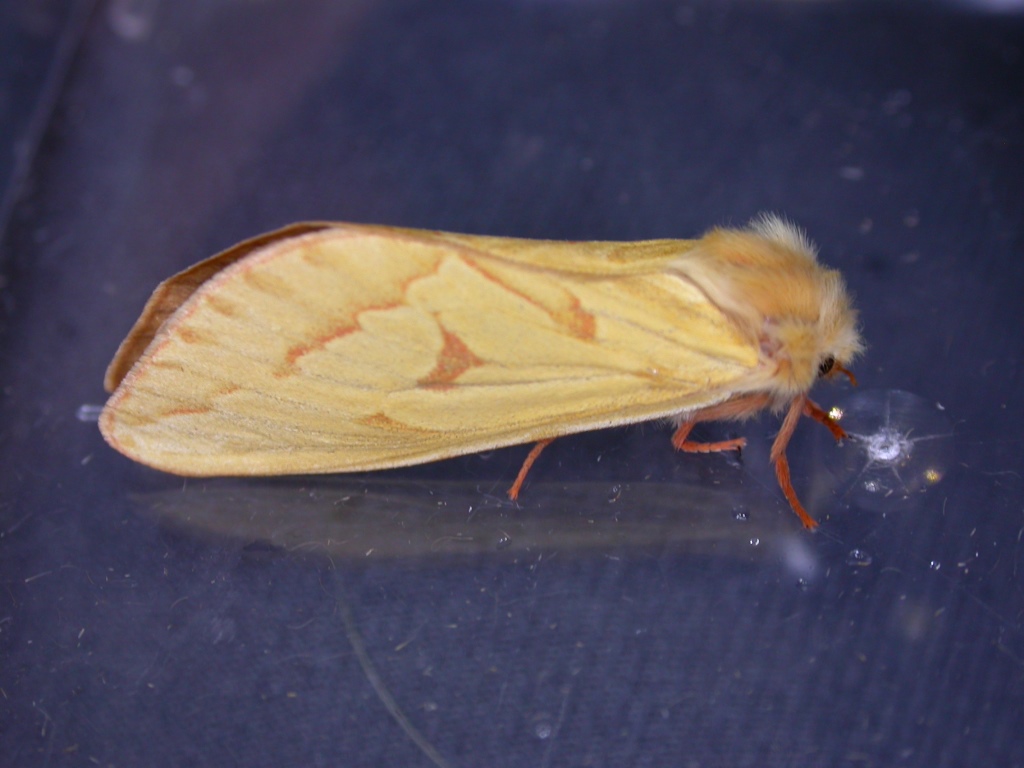
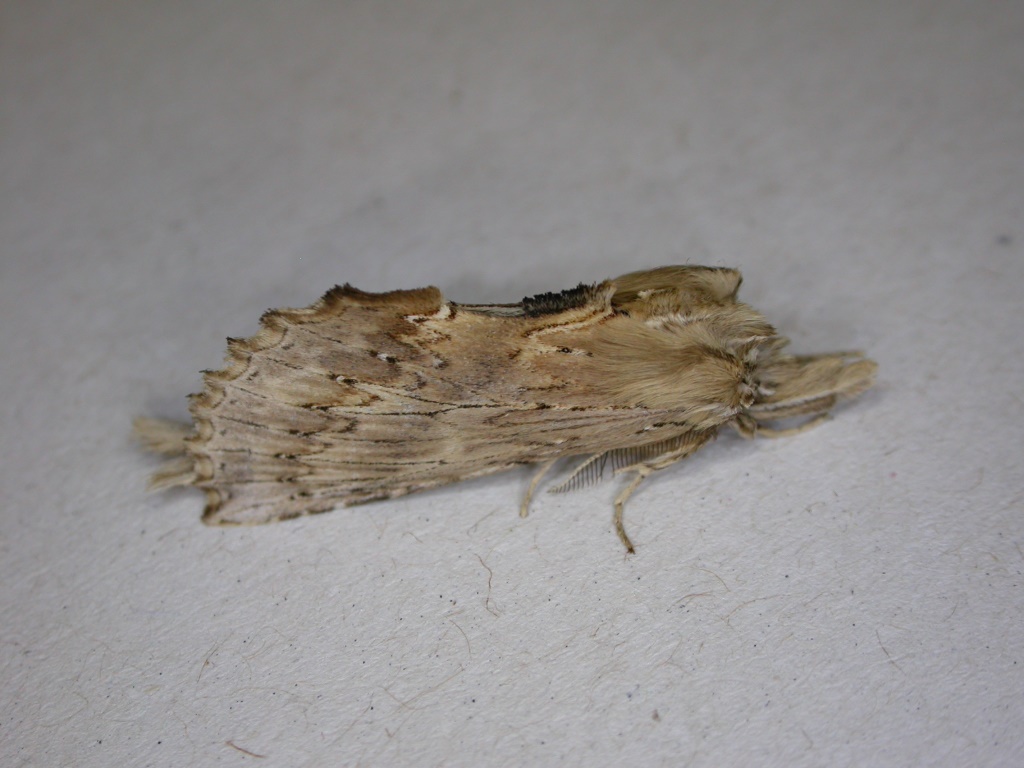
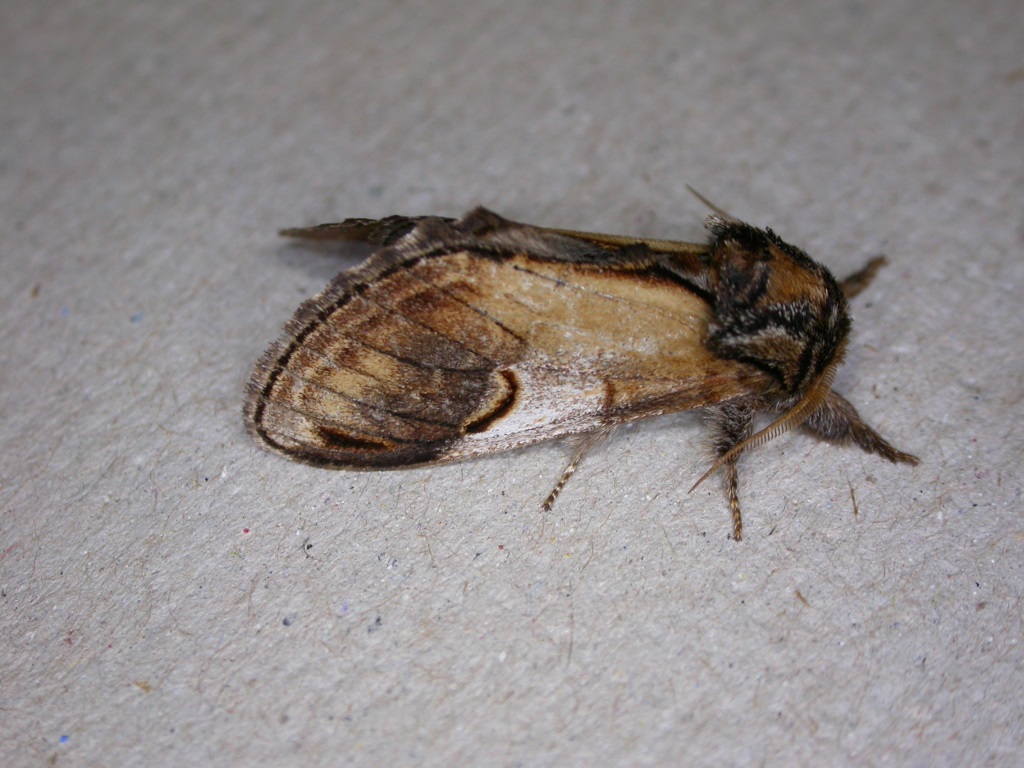
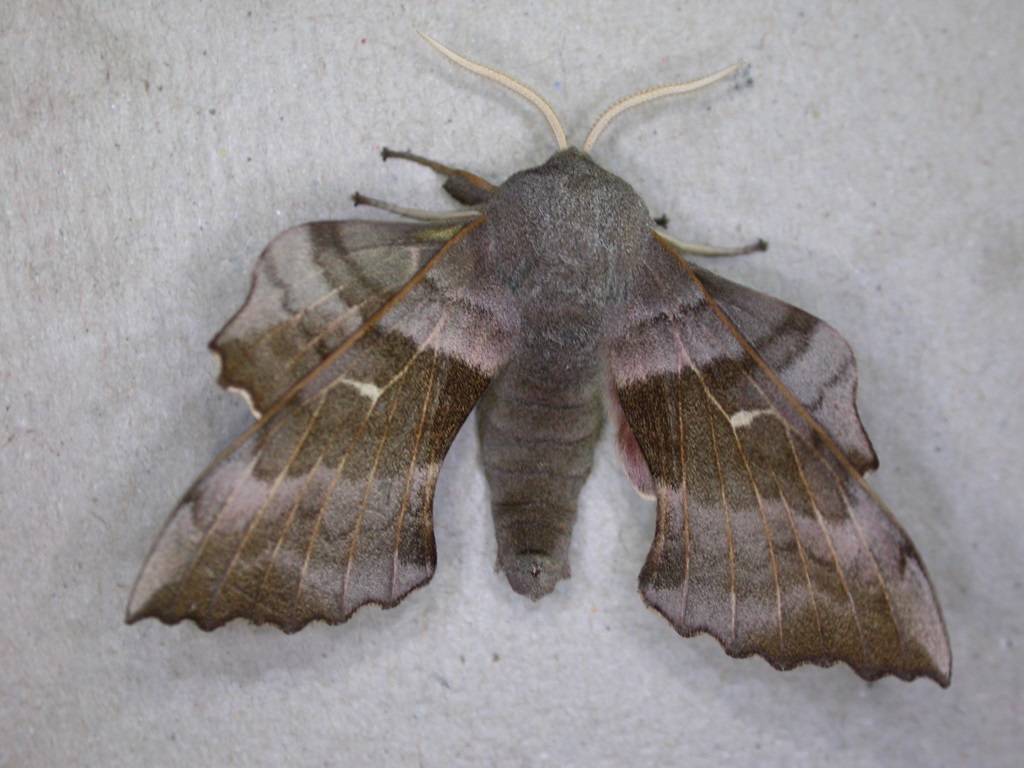
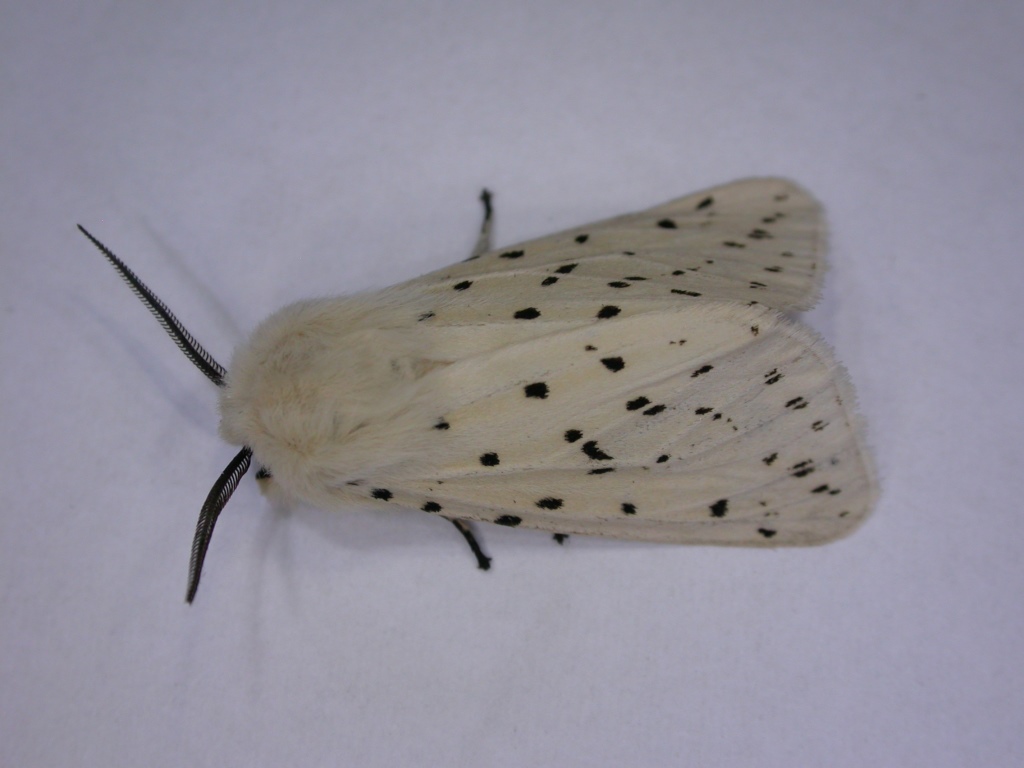
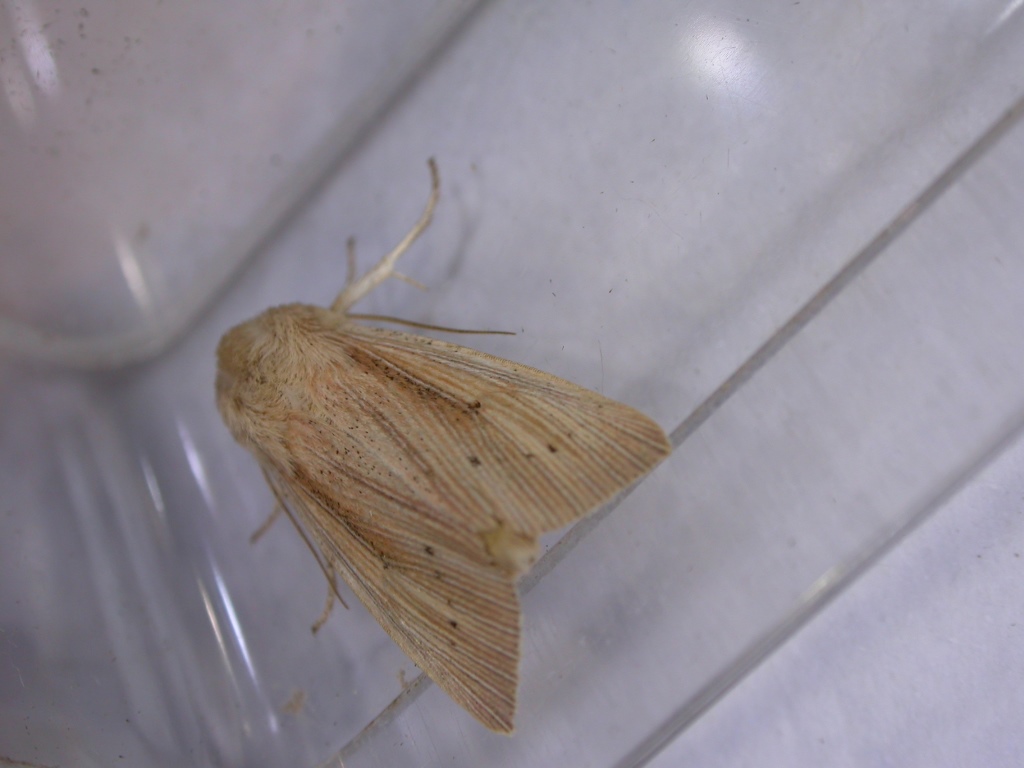
Pictures by Jan Haseler
